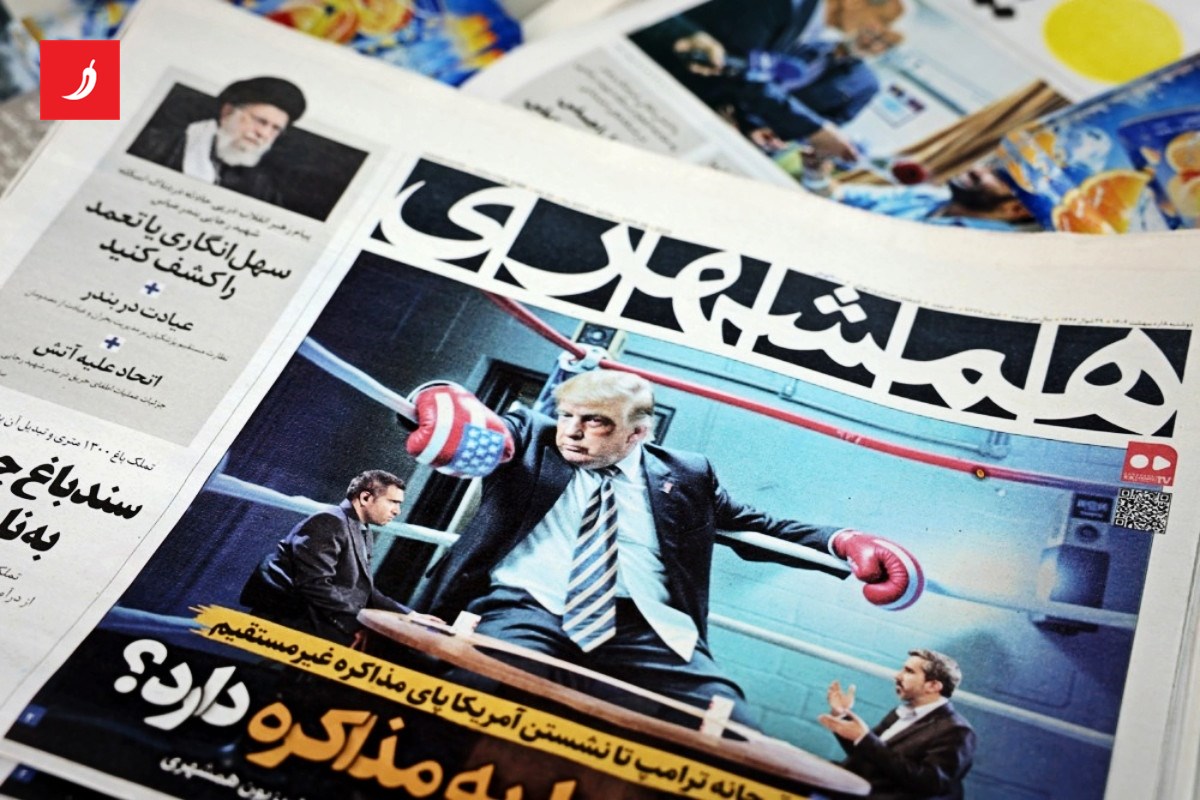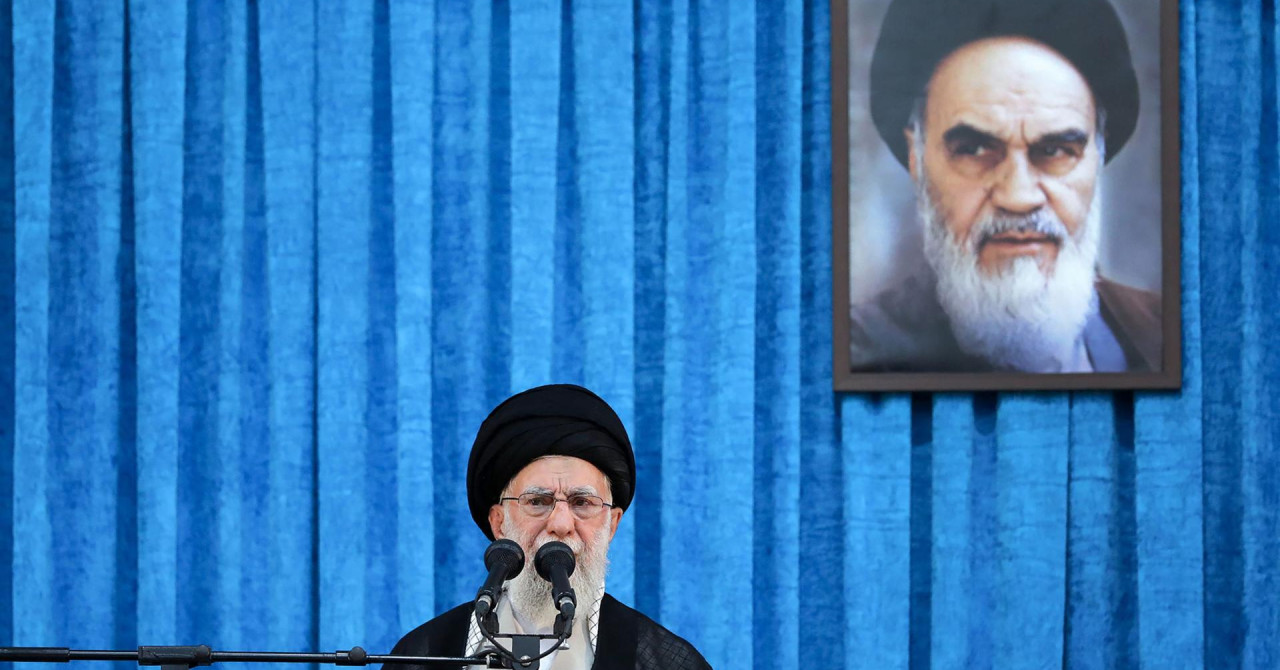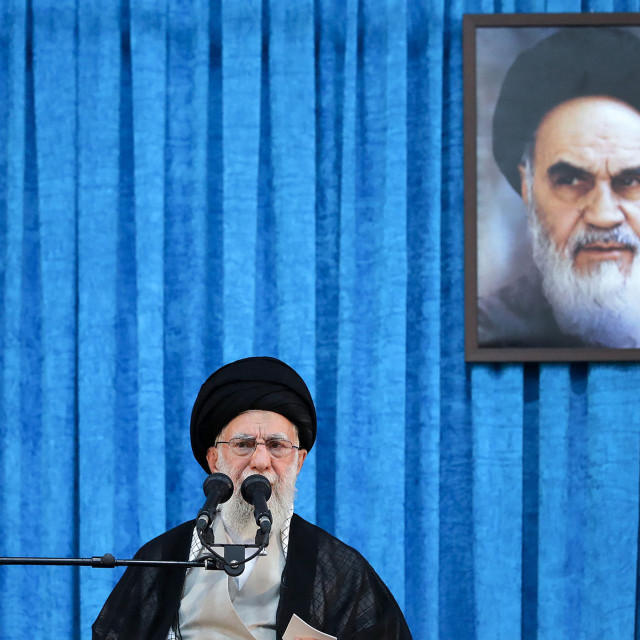US President Donald Trump stated that the US will continue negotiations with Iran on the nuclear deal but emphasized that Iran is a tough negotiator and uranium enrichment is the main obstacle to the agreement. Trump said Iran is asking for unacceptable things and does not want to give up what it must. Meanwhile, Iran has threatened Israel with massive retaliation if it attacks Iranian nuclear facilities. International pressure on Iran is increasing as the US and allies seek to limit Iran’s nuclear program. Trump also spoke with Israeli Prime Minister Netanyahu, saying the conversation went well.
Political Perspectives:
Left: Left-leaning outlets tend to emphasize the risks of escalating military tensions between the US, Iran, and Israel, highlighting the dangers of war and the need for diplomatic solutions. They often criticize the Trump administration’s hardline stance and skepticism towards Iran’s intentions, advocating for renewed diplomatic engagement and caution against military threats.
Center: Center-leaning sources report the facts of ongoing negotiations and threats without strong bias, focusing on the complexity of the nuclear deal talks, the challenges posed by Iran’s uranium enrichment, and the geopolitical tensions involving Israel. They present statements from all sides and emphasize the importance of diplomacy to avoid conflict.
Right: Right-leaning media emphasize Iran’s aggressive posture, including threats against Israel and the difficulty of negotiating with Iran, portraying Iran as an untrustworthy actor seeking nuclear weapons. They support a firm US stance, including potential military action if diplomacy fails, and highlight President Trump’s efforts to pressure Iran and coordinate with Israel.











